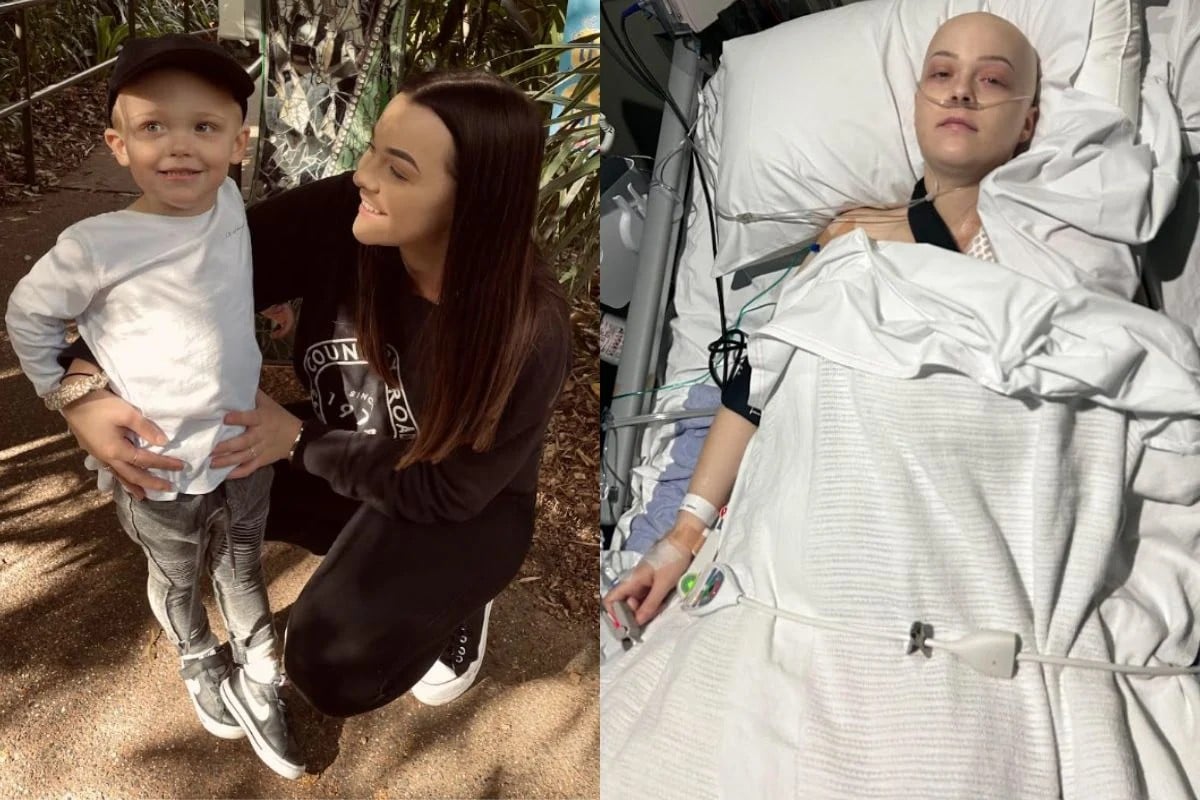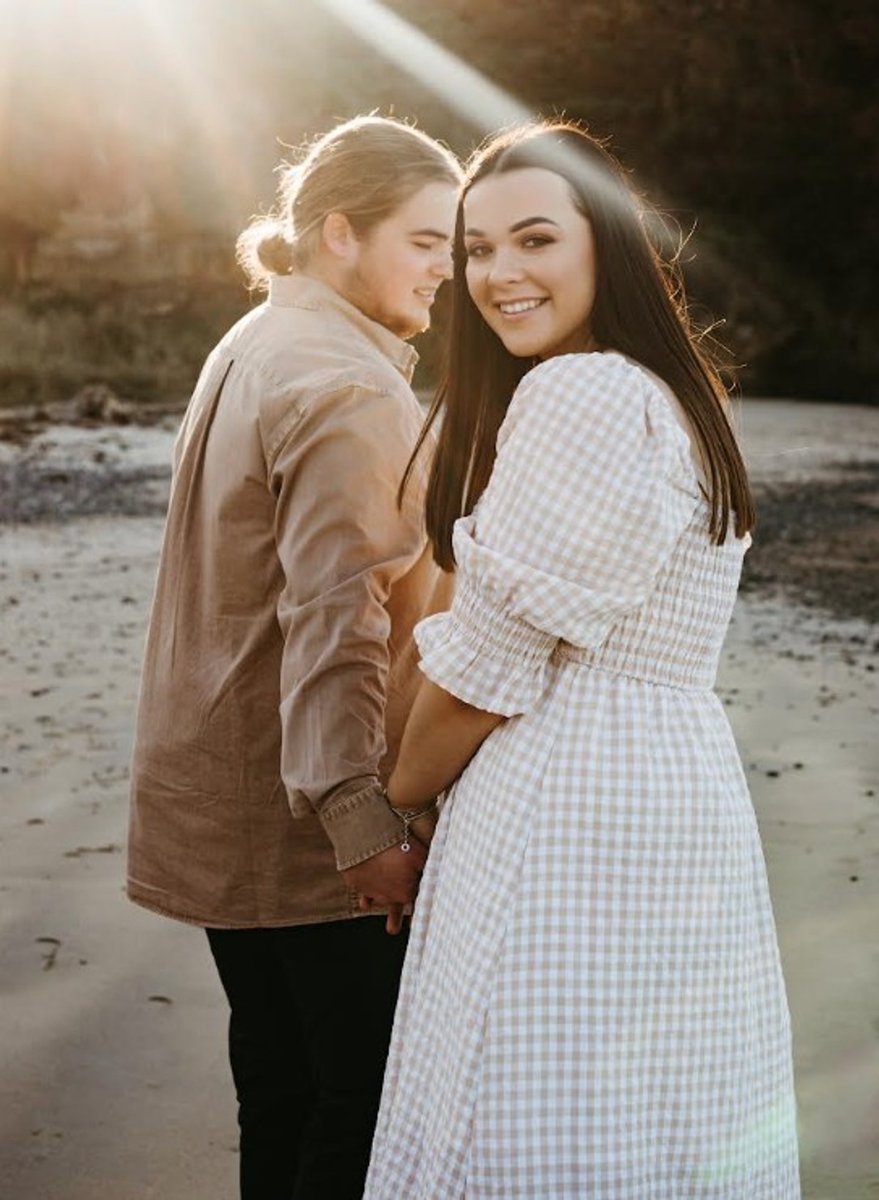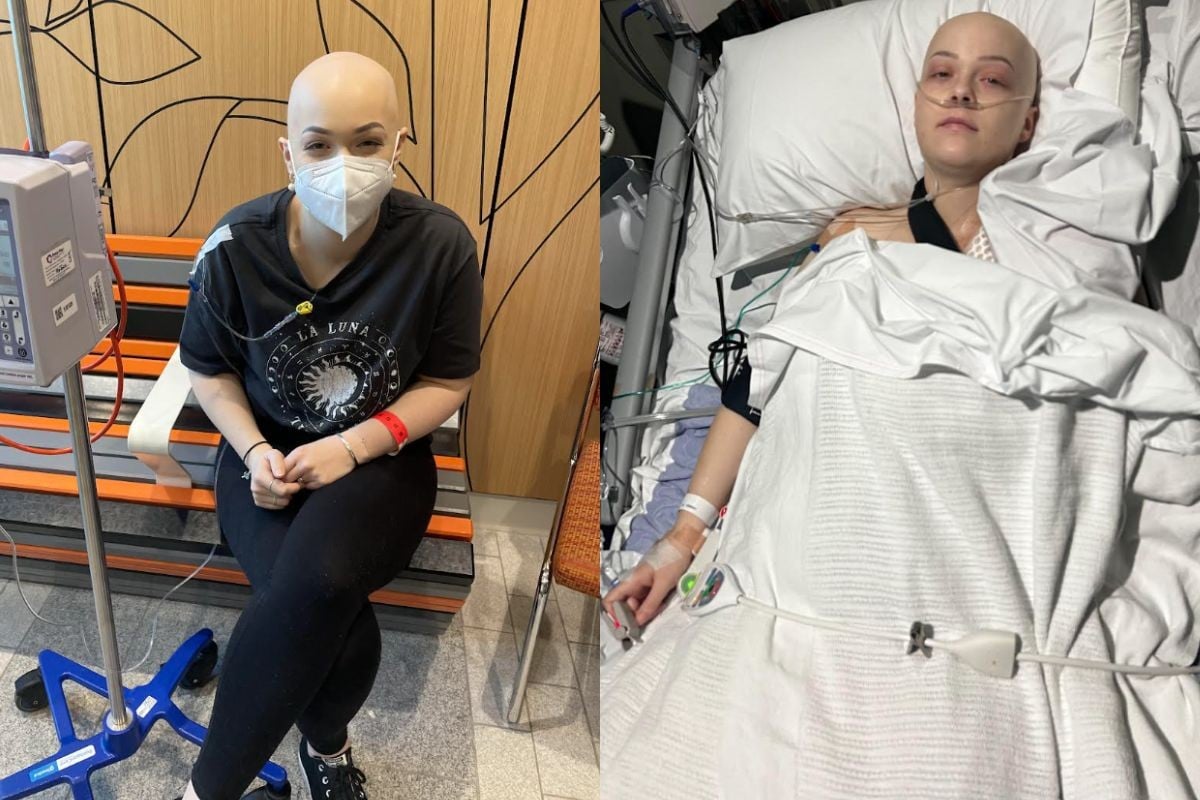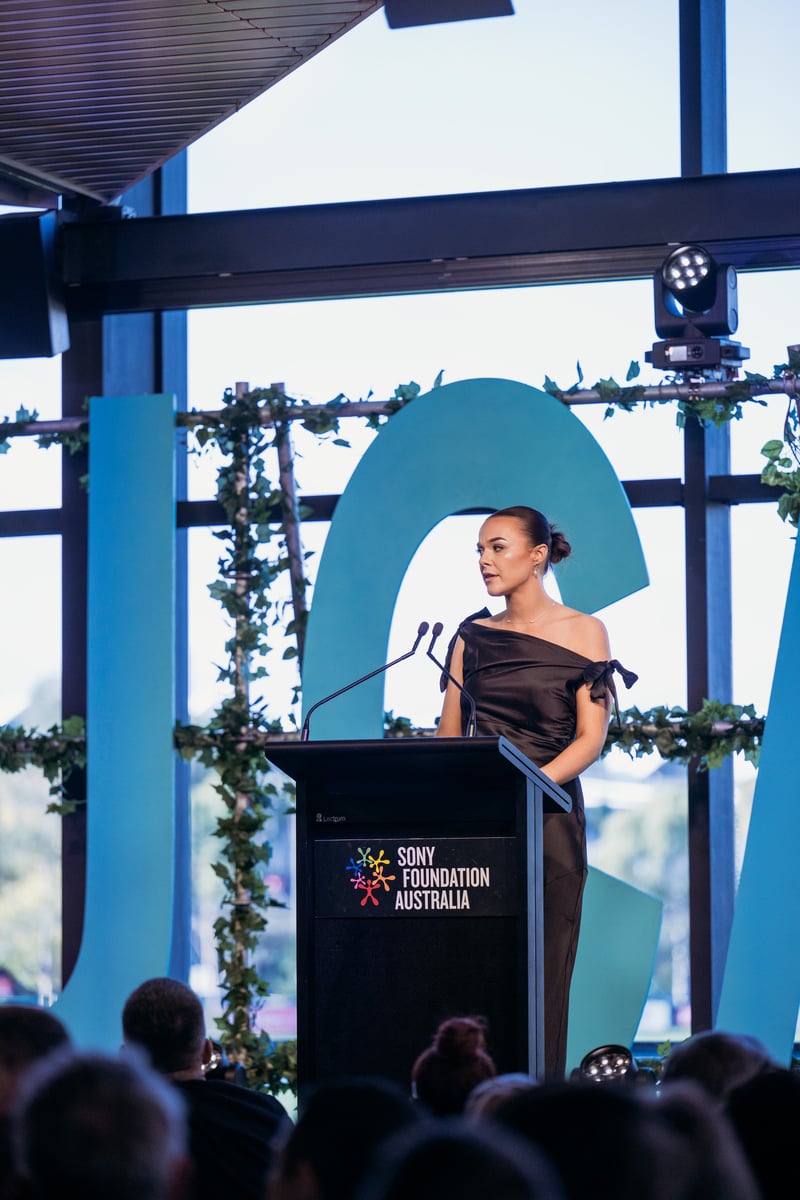
Before she received the diagnosis that would result in "the hardest year of her life", Aidyn Clements just felt "off and tired". A mother of two little boys, the then-22 year old was also working and studying to be a nurse.
She thought she was just burnt out after "doing too much".
Weeks later, a discovery made in the shower would turn the Tasmanian mum's world on its axis.
"It was just an incidental finding when I was in the shower. I felt this lump protrude under my collarbone," she told Mamamia.































































































